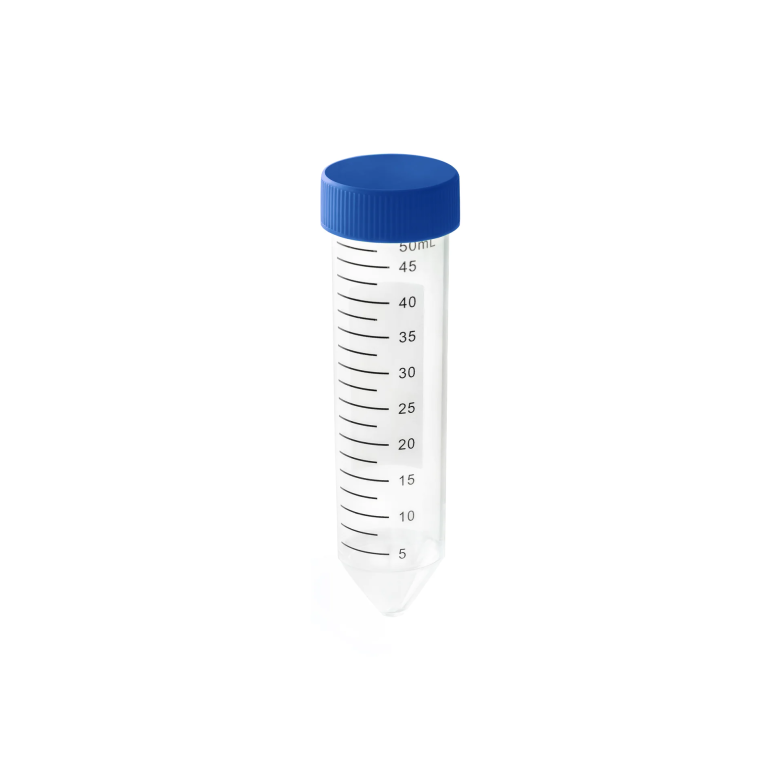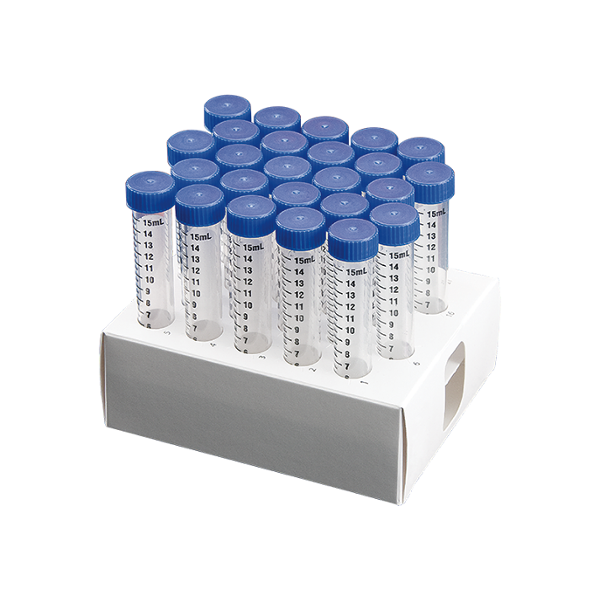Conductive filter tips are a special type of pipette tip that contains an embedded conductive carbon or metal component.
Here are some key things about conductive filter tips:
– They allow pipetting of electrostatic-sensitive samples like organic solvents, polymers, explosives, etc. without charge buildup.
– The conductive material dissipates static charges that normally accumulate on regular plastic tips during aspiration.
– This prevents electrostatic discharge that can alter the properties of or ignite sensitive samples.
– They are compatible with most standard air displacement and positive displacement pipettors.
– Conductive tips maintain sample integrity and allow accurate and precise low-volume pipetting.
– They are made with inert materials and have low sample retention, reducing contamination.
– Conductive tips come in both filter and non-filter varieties. Filter versions have an extra filter to reduce sample loss.
– They are more expensive than standard pipette tips but vital for work with flammable, volatile, or electrostatic-sensitive compounds.
In summary, conductive pipette tips contain conductive elements to prevent electrostatic charge buildup and discharge during pipetting. They maintain the integrity of electrostatic-sensitive samples. Their ability to dissipate charges makes them essential for safety and accuracy when working with these types of liquids.


